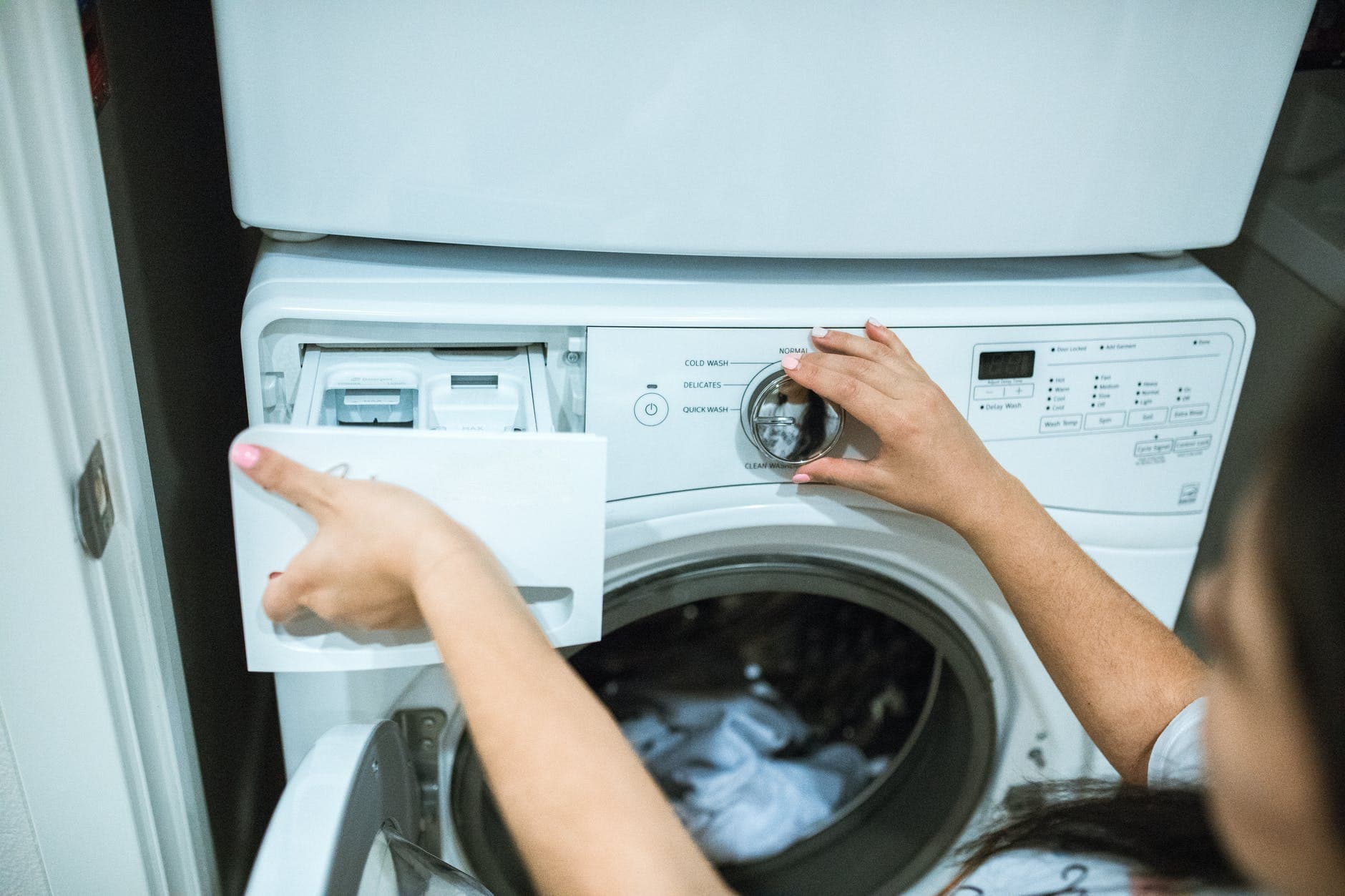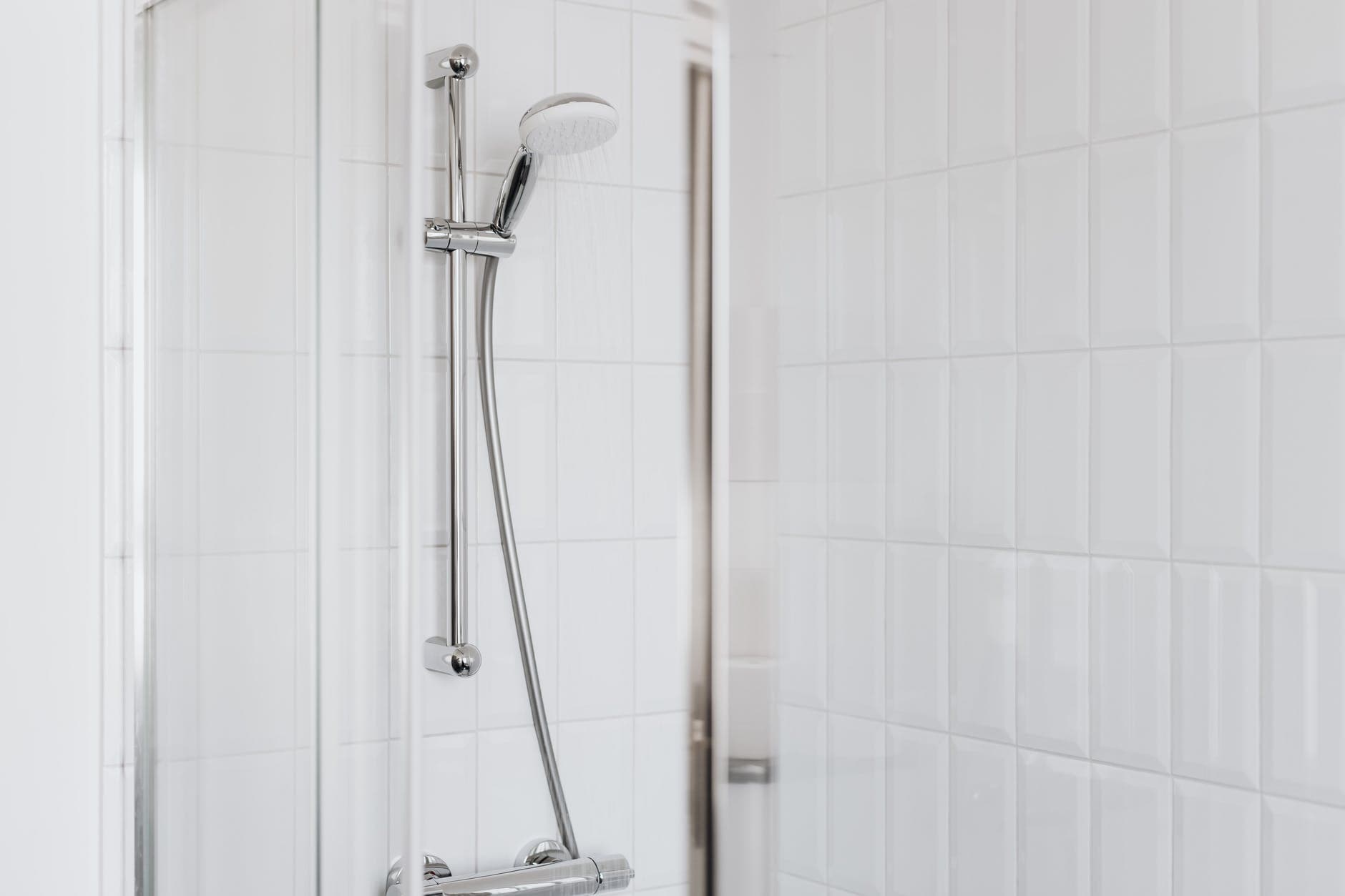Are you looking for a contractor?
Submit our quick form and get quotes now!
Table of Contents
6 min read
How to Choose a Water Heater: Important Criteria


6 min read
How to Choose a Water Heater: Important Criteria
Interior renovations How to Choose a Water Heater: Important Criteria
Are you looking to replace your water heater? While this isn't an exciting buy, it’s nonetheless an important one. Indeed, having daily access to hot water is certainly essential and our comfort greatly depends on it.
Since there are still several water heaters models on the market, it can be difficult to know how to navigate. Moreover, the criteria for making a wise choice are also numerous. So here’s some information to help you make a decision you won't regret.
Water heater: how to make an informed choice
Is it time to replace your water heater?
Before presenting you with options, as well as information needed to make an informed decision, it’s important to remember how to be on the lookout for various signs in order to determine if it’s really time to replace your water heater or not.
First, be aware that the lifespan of a water heater may vary depending on the manufacturer. On average, this can be 10 to 15 years. If you no longer have the original receipt, inspect the water heater’s exterior for the date of manufacturing.
Apart from this, other clues may indicate that it’s indeed time to replace your water heater and these includes a reddish colour of the water, a lower water temperature than usual, the presence of small drops of water on the walls or exterior of the water heater as well as rust at the tank’s bottom. Finally, we should also note less abundance of hot water (the hot water reserve will decrease more quickly than usual).
What is the condition of your current water heater? To learn how to determine this, read our article How to check the condition of a water heater.
Choosing your water heater: what you need to know
Heat loss and the first-hour rating
When replacing your water heater, you’ll need to take several criteria into consideration, including heat loss and the first-hour rating. Regarding our first point, this refers to the heat that’s lost through the walls of the water heater.
Two factors can influence the amount of heat lost by the appliance: its size and the temperature of the room where it’s installed. Indeed, large water heaters will tend to lose more heat than smaller models. Also, if the room temperature is particularly cool, the loss will be more substantial.
As for the first-hour rating, this establishes the amount of water produced by the device during an hour when consumption is high (such as bath or shower time in a large family).
Water heaters: important characteristics

Regarding the other important elements to take into account, note that your water heater must have a double wall filled with foam (the thickness of which must be 2 inches). This feature allows it to meet the C-191 standard of the Canadian Standards Association.
What about the warranty on the water heater? In this regard, it should be noted that the warranty will usually vary depending on the range of the device. While high-end models may offer a warranty of 10 years or sometimes more, entry-level models come with warranties that may be limited to 6 years. If your budget allows it, opt for a water heater with a longer warranty as this is to your advantage.
Also, it should be noted that water heaters that have 3 heating elements (whose strength varies) rather than 2 heat the water more evenly inside the device, which is a significant advantage due to lower energy consumption.
Secondly, let us mention that the interior of the tank is an important factor. Indeed, know that a double vitrified interior wall with double firing has superior resistance to corrosion, consequently ensuring greater longevity.
Although this element may seem secondary, note that the magnesium anode placed inside the water heater can dissolve more quickly if you have hard water. If this is your case, the choice of an aluminum anode is wiser.
Also, you should know that a water heater with a water inlet at the bottom of the tank prevents the hot water that’s collected at the top of it from mixing with cold water. This feature allows access to 10% more hot water, which is an interesting saving method!
When it comes to determining the size of the water heater, note that this is of very great importance. Although one might tend to want to choose a tank that’s bigger instead of too small, you should be careful about this.
The reason is quite simple: if the water heater is too large, it’ll increase energy consumption costs. Nevertheless, it goes without saying that a water heater that’s too small will be of little use, due to the probable lack of hot water. Take into account your actual water needs in order to choose the water heater right for you.
Your water needs: how to assess them

To help you make the appropriate choice based on your specific situation and that of your family, several factors should be considered including:
your lifestyle habits: a bath will require more water consumption than a shower, although a shower can be very demanding if it lasts particularly long;
use of other appliances that consume hot water: if you’re the type to use the dishwasher while someone else is showering or the washer is running, the water consumption will be substantial;
the number of occupants/bathrooms: the larger your family, the higher your water usage will be. The same rule logically applies if your home has a large number of bathrooms.
As an indication, know that a water heater of 150 to 200 litres (40 to 50 gallons) can usually meet the needs of a family of three. If your family is larger, consider choosing a water heater with a capacity of at least 250 litres.
In some cases, a 300-litre format might even be necessary. Do you live alone? If this is your situation, a 50-75 litre tank should suffice.
Buying or renting a water heater?
If you’re in need of a water heater, odds are the price is likely a concern. As a guide, note that a 40-gallon water heater costs approximately between $505 and $650, while a 60-gallon appliance represents an expense of $610 to $720.
For those who don't know, it’s possible to rent a water heater. Although in the long run, this option is more expensive, it’s not without its advantages either. Indeed, you will not need to spend a more considerable amount for the purchase, your water heater will be automatically replaced once it’s at the end of its life and finally, the repair costs will not be your expense. Renting a water heater costs about $20 per month.
Would you like to get an overview of the various problems that can arise with a water heater? Read our article Water heater: 10 problems and their solutions.
Get 3 renovation quotes for your water tank renovation project
RenoQuotes.com can help you get quotes for your water tank renovation project. By submitting your project to us, we’ll put you in contact with top-rated contractors. Fill in the form on the homepage (it only takes a few minutes), and you will get estimates from trusted professionals.
Dial 1-844 828-1588 to speak with one of our customer service representatives.
Last modified 2023-11-07
Looking for something else?
Related articles
The latest industry news, interviews, technologies, and resources.

Cynthia Pigeon • 07 Nov 2023
It is no secret that a leaky roof can have severe budgetary repercussions: moisture problems, heat loss, and property damage.

RenoQuotes.com • 01 Dec 2023
Few things are as surprising as stepping barefoot on a frozen tile floor during the winter. While it’s not the end of the world, most don’t wish to wear two pairs of socks throughout the long Canadian winter season, especially at home. This is why heated floors (also known as radiant floors) attract more and more homeowners seeking to enhance thermal comfort. Unlike other heaters, this heating system works by radiation, rather than by convection. A heated floor can be installed in any room of the house, from the bathroom to the living room, right down to the basement.

N/A • 07 Nov 2023
Are you building a house or making major changes to your roof? In either case, it’s important to know the standards imposed regarding roof slopes. So here's everything you need to know about this subject.

N/A • 07 Nov 2023
Hardwood floors are sought-after, and most homeowners want nothing more than a beautiful material coating the base of their home. However, hardwood floor maintenance is a job in itself, and keeping this material looking good requires a little bit of fineness and consideration.

N/A • 07 Nov 2023
Given the significant damage iron ochre can cause, it definitely poses a substantial threat. This corrosive iron substance demands particular concern, whether for homeowners already contending with its adverse consequences or for prospective buyers apprehensive about its potential impact. In any case, here's all of the relevant information you need about the tell-tale signs of iron ochre.